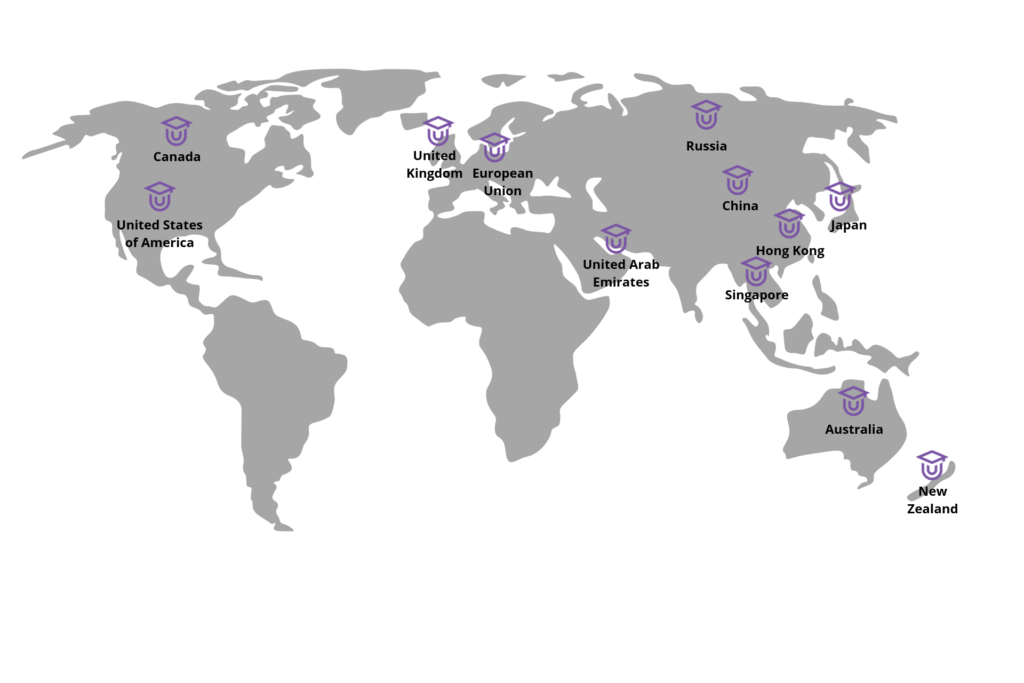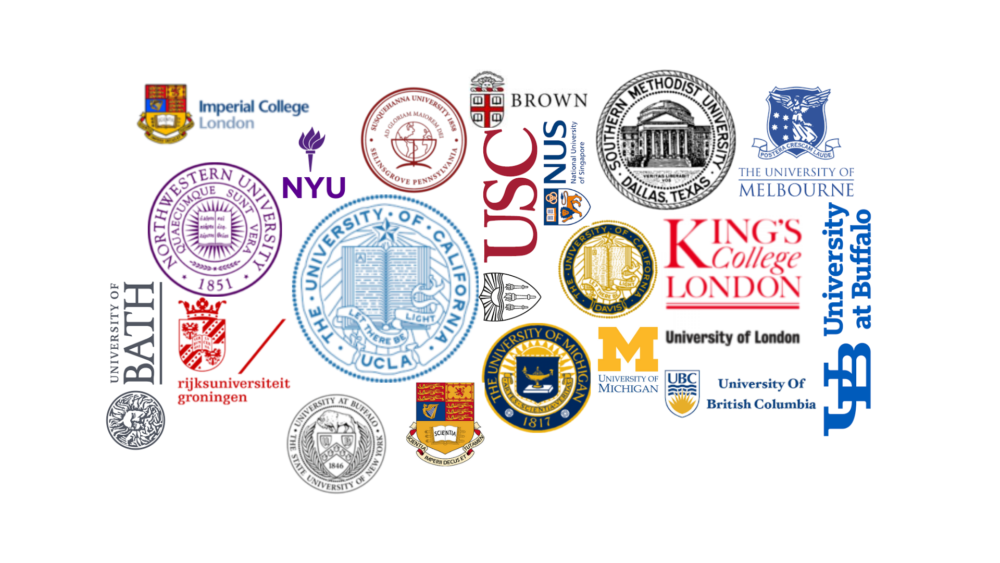WHAT YOU NEED TO KNOW TO DECODE COLLEGE ADMISSIONS (UNDERGRAD) IN GERMANY?
Introduction to College Education in Germany:
Germany is the largest economy in the EU and plays an important political & economic role in the region. It is one of the biggest hub globally for engineering, technology, music, and arts. Apart from robust research & developing cutting edge tech for manufacturing, engineering & automobile sector, Germany is also an important business partner for many countries. The strong education systems has been developed over ages and is known to produce excellent in-demand talent for the global markets.

One of the highlights of colleges is Germany is its excellent education eco-system. It is world-class, highly ranked, globally recognized and allows a strong emphasis on research & hands-on learning, where it follows the ‘The Unity of Teaching and Research’2 or what is often called the ‘dual education system’. This structural variation offers students an excellent opportunity for gaining real-world exposure through internships, projects, research work & paid placements as part of the programme of study.
An exceptionally strong focus on research, projects & industry partnership allows for the universities and institutions to attract the best of the faculty and students.
9 benefits of an undergrad degree from Germany:
- Availability of over 380 colleges2, institutes & universities, with over 17,000 courses options.
- Highly affordable – some of the colleges are tuition-free for all students and you only pay for living expenses, plus dome nominal charges per term for various facilities that you will use.
- 3 to 4 years to complete Bachelors Degrees.
- Robust teaching & study methodology, many fully in English3. Dual language options – study the first year in English, work on your German on the side, and then switch to German for the balance of the 2-3 years. In many universities now, the medium of instruction is primarily English, with gradually increasing usage of German.

- Huge opportunity for hands-on learning and experience. While the ‘dual education system’ helps in enhanced & enriched learning, it also allows the student to get assimilated in the German employment eco-system, thereby making it easier to get a job after college.
- World’s leading academics & experts, globally ranked colleges, institutes & universities.
- Part-time work is allowed – while studying for your undergraduate degree – German laws allow for 120 day of full time or 240 days of part-time work1. This helps in lowering the cost of education substantially.
- Strong international community – gives you a diverse, enriching exposure
- Possibility to work and live long term in Germany
Admissions Approach:
The admissions process for undergraduate education in Germany is somewhat complicated. While it focuses more on your academic story & related areas – quite unlike some other countries which follow the “holistic admissions approach” i.e. takes into strong consideration other aspects of your application – extracurricular activities, projects undertaken, social work, sports, etc., the process itself is time consuming & somewhat complex.
There are over 380 colleges/universities – so choose wisely & carefully. Each college will want to see your academic performance & subject choirs from Grade 9 onwards. They also look at your overall experience in school & the activities that you have participated in. Some universities require preliminary review documentation (VPD)3. The university informs you on which applicants require a VPD and which documents need to be submitted.
Generally, there is no testing requirement (SAT/ACT), but taking the test and scoring well of it will in only enhance your chances.
There is TestAS4 – Test for Foreign Students, which is a standardized test used by about 40 odd universities as a part of their admission process. The TestAS is comprised of three parts: the “onScreen” language test, the Core Test and “subject-specific test modules”.
A Personal Statement/Essay is mostly a must for all universities. Some universities will call for an interview and/or look for recommendations/references from your academic or other outside sources.
There is surely an advantage in having a knowledge of the German language, but it is not a necessity. Many universities and institutes offer their courses in English, and they have provisions for you to learn German alongside your college education. Some universities offer you conditional admissions subject to doing a German language preparatory course before starting the regular undergraduate education.
Lots of scholarships & grants are also available to foreign students for studying in Germany.
Requirements & Application Procedure:
To apply, you have to either use the uni-assist3 application portal, which represents almost 200 universities or you may need to send your application individually to each college/university/institute separately.
Almost every university will have detailed requirements on its website. Go through these requirements in details & build a plan according to your requirements. You are encouraged to reach out to the university if you have any questions about the procedure.
Do contact the selected university. This will be your most important source of information as far as exact details about eligibility, course duration, fee, application procedure, etc. are concerned.
They will typically want for your High School qualifications, your reports, and grades from your previous education, a copy of your CV, letters of reference, copies of your ID, any German language proficiency, & a personal statement. You will also need to provide some financial support information3.
You need to send the applications by 15 July of the year you want to start your education, typically in September. However, it is highly advised to apply earlier as the process may take 6-10 weeks.
Make the most of it:
While access, cost & implementation of higher education is a huge issue of debate and discussion in many developed markets, Germany seems to be a step ahead. They have made truly world-class higher education available, accessible & affordable for not only its own citizens but for students globally. Pursuing your undergraduate college education in Germany is surely one of the most attractive options available to students.
Sources:
- Study in Germany portal
- German Academic Exchange Service
- Uniassist application portal
- Test for Academic Studies
Created by Sandeep Lakhina, Chief Dreams Enabler, UUNDERGRAD





Интересно!
Awesome post! Keep up the great work! 🙂
Great content! Super high-quality! Keep it up! 🙂